Ecuador is one of the 17 most megadiverse countries on Earth, where 51% of the territory is covered by pristine native forest, and one-third consists of protected natural areas. Coffee is one of the most representative agricultural products of the Ecuadorian economy, renowned for its exceptional flavor and aroma. The Ecuadorian Amazon region alone contributes 34% of the nation’s total coffee-growing area, spanning six provinces. In Sucumbíos, Orellana, and Zamora Chinchipe, an impressive 85% of the Amazon´s coffee farms are cultivated. Robusta coffee production dominates, making up about 68% of the total coffee-growing area in the region, while the remaining 32% is devoted to the production of premium arabica coffee production.

Ecuador is one of the 17 most megadiverse countries on Earth, where 51% of the territory is covered by pristine native forest, and one-third consists of protected natural areas. Coffee is one of the most representative agricultural products of the Ecuadorian economy, renowned for its exceptional flavor and aroma. The Ecuadorian Amazon region alone contributes 34% of the nation’s total coffee-growing area, spanning six provinces. In Sucumbíos, Orellana, and Zamora Chinchipe, an impressive 85% of the Amazon´s coffee farms are cultivated. Robusta coffee production dominates, making up about 68% of the total coffee-growing area in the region, while the remaining 32% is devoted to the production of premium arabica coffee production.
In the southern Ecuadorian Amazon, cooperative coffee marketing initiatives have successfully opened doors to new, competitive markets. These markets demand larger volumes of coffee that meet high standards for quality, organic certification, and fair trade, all produced under rigorous sustainability and forest conservation standards.
The cup’s organoleptic profile is a sensory delight, with rich aromas of chocolate, floral notes, caramel, vanilla, red fruits, orange peel, and panela. It offers a medium-high acidity, a balanced medium body, and a lingering, satisfying aftertaste. Coffee from these regions consistently scores between 82 and 89 points on the SCA scale, thanks to the ideal climates and temperatures that nurture high-quality production.
In the southern Ecuadorian Amazon, cooperative coffee marketing initiatives have successfully opened doors to new, competitive markets. These markets demand larger volumes of coffee that meet high standards for quality, organic certification, and fair trade, all produced under rigorous sustainability and forest conservation standards.
The cup’s organoleptic profile is a sensory delight, with rich aromas of chocolate, floral notes, caramel, vanilla, red fruits, orange peel, and panela. It offers a medium-high acidity, a balanced medium body, and a lingering, satisfying aftertaste. Coffee from these regions consistently scores between 82 and 89 points on the SCA scale, thanks to the ideal climates and temperatures that nurture high-quality production.
Specialty coffee is not just a product—it’s a catalyst for change in the coffee value chain. It allows us to make a real impact at the farm level, not only by selecting the finest lots but by engaging in meaningful partnerships with coffee growers, ensuring that every cup tells a story of sustainability and excellence.
Through PROAmazonía, strategic initiatives have been implemented to empower coffee producers in the Ecuadorian Amazon, fostering sustainable and deforestation-free practices for this important crop. Key actions include:
Specialty coffee is not just a product—it’s a catalyst for change in the coffee value chain. It allows us to make a real impact at the farm level, not only by selecting the finest lots but by engaging in meaningful partnerships with coffee growers, ensuring that every cup tells a story of sustainability and excellence.
Through PROAmazonía, strategic initiatives have been implemented to empower coffee producers in the Ecuadorian Amazon, fostering sustainable and deforestation-free practices for this important crop. Key actions include:

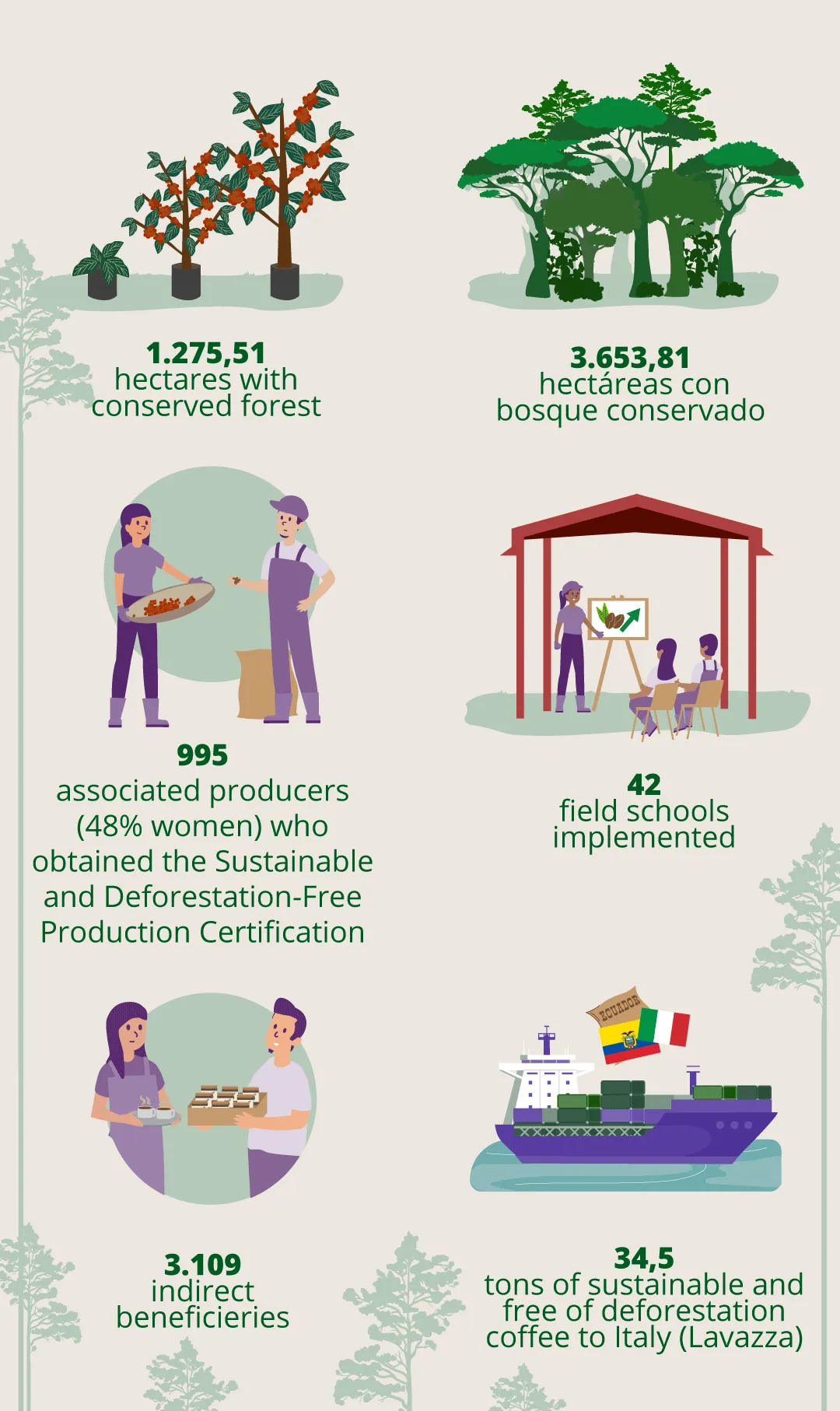
“now our producers can also sow or plant shade trees within their coffee plantations”.
Vicente Troya – ACRIM Administrator
“now our producers can also sow or plant shade trees within their coffee plantations”.
Vicente Troya – ACRIM Administrator
Marketing
Tons of sustainable and free of deforestation coffee to Italy (Lavazza)
Associated producers who obtained the Sustainable and Deforestation-Free Production Certification.
Total farm area
Forest conserved
Marketing
Tons of sustainable and free of deforestation coffee to Italy (Lavazza)
Associated producers who obtained the Sustainable and Deforestation-Free Production Certification.
Total farm area
Forest conserved
Our beneficiaries
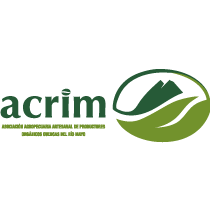
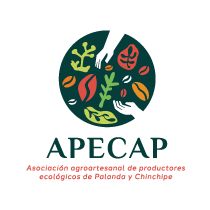
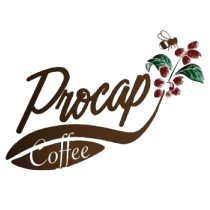
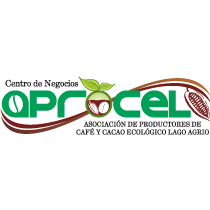
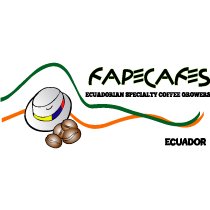
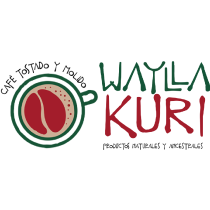
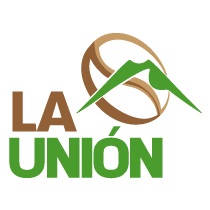

 Español
Español English
English





